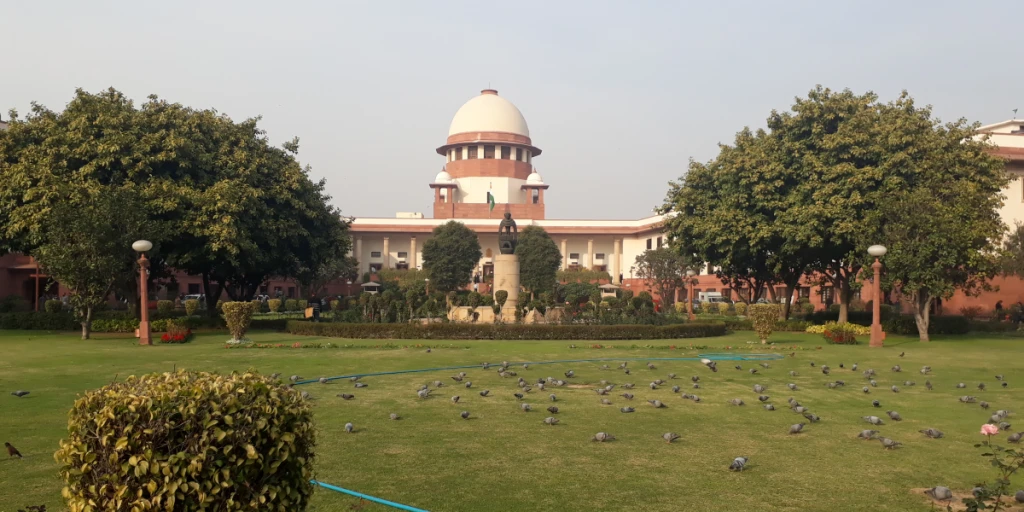New Delhi: The Supreme Court today granted interim stay in the criminal defamation case against leader of opposition in the Lok Sabha, Rahul Gandhi, over his remarks on the Galwan clash of 2020 – but rebuked him for making social media posts on Indian territory having been ceded to China.
Gandhi had filed a special leave petition challenging the Allahabad high court’s judgment which refused to quash the proceedings of the defamation case pending in a Lucknow court.
The complaint was filed by former Border Roads Organisation (BRO) director Uday Shankar Srivastava and alleges that remarks by Gandhi on December 16, 2022, during his Bharat Jodo Yatra foot march, were derogatory in nature. Srivastava has claimed that Gandhi said that the Chinese army is “thrashing our soldiers in Arunachal Pradesh,” and that the Indian media “will not ask any questions in this regard.”
On June 15, 2020, Chinese and Indian troops engaged in a clash at the Galwan valley in Ladakh, leading to the death of 20 Indian soldiers and at least four Chinese soldiers and heightened tensions. However, Prime Minister Narendra Modi said in televised remarks soon afterwards that “neither has anyone intruded into our border, nor is anyone intruding, nor have any of our posts been captured by someone”. A part of this was redacted in the official press release that followed. The external affairs ministry had claimed that the clash occurred after “the Chinese side sought to erect a structure in the Galwan valley on our side of the LAC [Line of Actual Control]”.
While the two sides have disengaged troops, much remains unknown about Chinese incursions into Arunachal Pradesh and its extent in Ladakh.
LiveLaw has reported that Justice Dipankar Datta told Gandhi, “Whatever you have to say, why don’t you say in the parliament? Why do you have to say this in the social media posts?”
The Modi government’s official machinery communicate crucial information often through social media. Modi himself has made major announcements, such as the demonetisation in 2016 and the sudden lockdown in 2020 over social media platforms or via TV addresses.
The bench also had Justice A.G. Masih.
Senior advocate Abhishek Manu Singhvi had told the court that if Gandhi cannot say things that are published in the press, “he cannot be a leader of opposition.”
“Tell, Dr. Singhvi, how do you get to know that 2000 square kilometres of Indian territory were occupied by the Chinese? Were you there? Do you have any credible material? Why do you make these statements without any…If you were a true Indian, you would not say all this,” Justice Datta also said.
To this, Singhvi noted that it is also possible that a true India “will say that our 20 Indian soldiers were beaten up and killed and that it is a matter of concern.”
“When there is a conflict across the order, is it unusual to have casualties on both sides?” Justice Datta asked in response.
Justice Datta argued that the proper forum to raise questions is not social media.
The LiveLaw report noted Singhvi said that while Gandhi could have worded the comments better, the defamation complaint was nothing but an attempt to harass him only for raising questions as an opposition leader.
Singhvi conceded that the fact that it was not raised before the high court that Gandhi was not heard prior to the criminal complaint having been registered – something that violates Section 233 of the Bharatiya Nagarik Suraksha Sanhita.
The bench agreed to consider this point and has issued notice.
